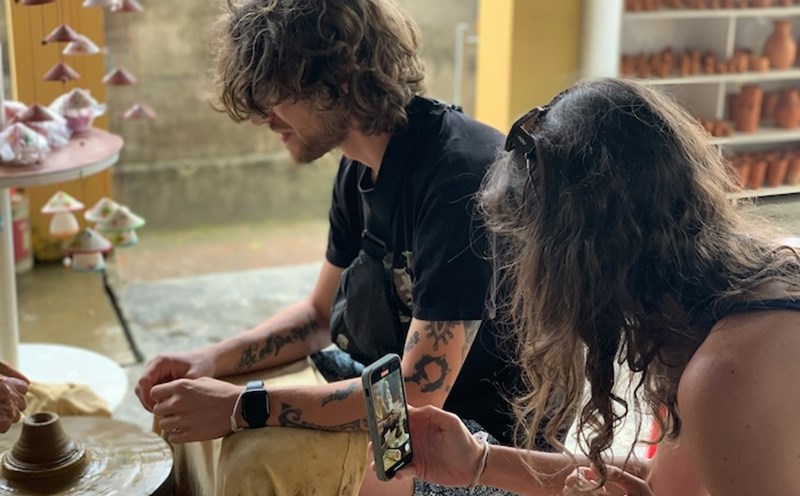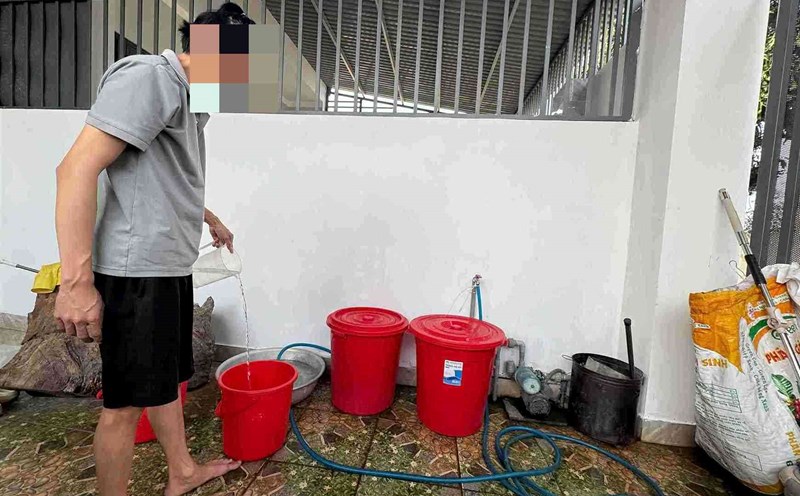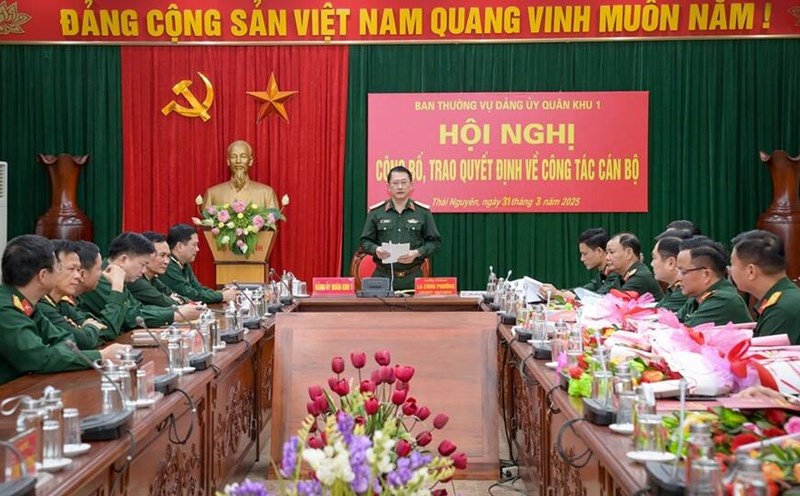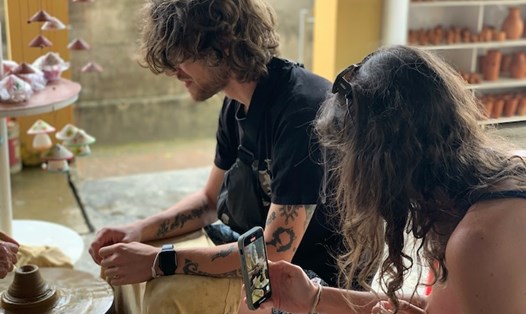KAZA is the world's largest wildlife reserve, stretching across the territory of five African countries: Angola, Botswana, Namibia, Zambia and Zimbabwe. Located in the center of KAZA is a community reserve with an area of 1,800km2 called Simalaha, on the left bank of the Zambezi River.
Simalaha was founded by captain Inyambo Yeta, head of the Sesheke region of the Lozi tribe in the Western Federation of Justice. He has made efforts to turn this land into a landscape like in his ancestors, when humans, cattle and wild animals lived together.
Journey to Simalaha
To get to Simalaha, sophy Roberts crossed theland of Botswana to the border town of Kazungula in Zambia. Less than an hour's drive, he stopped at a riverside village called Mambova. From here, Roberts boards a boat to the camp, along with a local man named Gail Kleinschmidt. Gail Kleinschmidt and his companion Doug Evans have recently organized horse riding trips to Simalaha. They also invested in building four tent rooms and a herd of 25 horses. This is the only tourism activity in this wildlife reserve.
On the calm water, the scene gradually drifted back, the boat carrying two people surfing along the water lane. Every few minutes, they move from a small branch of a river to a larger stream. Wild life is increasingly opening up before our eyes, white faeries with long cows like in Japanese aquatic paintings, large hectares swimming in water, and even fat crocodiles drying on the white sand.
Looking up to the vast sky, white clouds like cotton towers rise high in the middle of the blue sky. They continued upstream, winding northwest along the Namibia border for nearly two hours until turning right, then slowly stepped under. They stopped to buy some corn from a farmer. On the other side, a female goose with sparkling red fur under the sunlight was watching the boat. Before long, they immediately saw a prominent image of five horses, Evans and his dog, standing on the shore.
From now on, horses will be their only means of transportation in the reserve, where there are mostly no roads. If there were, it was just a temporary trace left by cattle herders and dealers carrying sedge. Roberts's expected journey is to ride the horse out of the camp twice a day with the company of Evans, Australian Sheep mopani, a Lozi-language riding guide named Gibson Mukela Mbagweta, and Fred Thomas, a young Englishman who grew up in Malawi, often riding a spony horse Appaloosa.
Evans is a fourth-generation Zambia. He said that this land is currently in the dry season around November every year, causing difficulties for both humans and animals, the water level is too low so the fish cannot reproducte. But just a few weeks later, when the rain comes, the grass will bloom in a lush green color. By early December, 600 - 700 local Lozi people will withdraw to higher ground, taking advantage of sand dunes to avoid flooded areas. But about 20 times that figure would see him migrate more than 100km north and return to Simalaha when the water recedes in May.
The whole group returned to the camp. The initial impression made Roberts fall in love, not only because of Evans' warm and sincere hospitality, his priority order was the horses that were given snacks first as soon as they arrived, then tourists with refreshing cups of tea. The scenery is also very peaceful, the herd of horses grazed, and there are even a few newborn horses hanging around their mother's feet. Roberts chose a cool, quiet forest seat to watch, listen to them whistle and play around the camp - a feeling of relaxation amid the scenery of tents, sofas, rustic dining tables.
The kitchen is hidden behind a tree trunk, packed in a renovated container, where the Lozi and Henry Mununga chefs prepare delicious dishes: Grilled Tet stews on fire, kale salad and green vegetables harvested from the garden and strawberry ice cream, homemade Rosella. Each room has its own balcony and a porch facing a small lake. "I want this place to be cozy, Zambia-style, like the farm where I grew up," said Kleinschmidt.
Traveling on horseback
In the evening, the members of the camp gathered to eat, tell about their childhood in the wild, and then win the peaceful way to go for a night walk. Once again, the conversation mentioned rain. Red velvet insects are scattered on the ground like small balls of hair - a clear sign of preparing for weather change. The belly of the cow-headed swans looked heavy because of expectations. The whole group passed the flock of female female-headed elephants in labor, the newborns had just given birth for a few minutes and were weak and learning to stand up, and the flock of black female elephants, female-headed elephants and female-headed elephants of Lichtenstein were scattered on the grass.
All of these species are introduced from hunting farms to promote Simalaha's re-wildness. Evans said the number has tripled in more than a decade. He shared that there are three new herds of elephants migrating through the reserve and hoped that this number would increase.
How Roberts experienced Simalaha's wild life during his time here: Walking in the vast sky, enjoying fresh food, comfortably winding through wild animals and sometimes riding on horses along the river sand. Here, people often go to bed early and wake up early to avoid the heat in the middle of the day. Roberts loves and enjoys all the experiences. In fact, trips are not just a great deal for shy horses. They also often stop to talk to local people, meet a female ranger in this place, a cattle herder in another place - taking care of a herd of up to 200 cows.
Sikili Sinabu, a local, said: I am 72 years old, when I was young, I only saw elephants in the grass fields, but now there are elephants in the western plains. Our children need to know about the animals that used to live here. And the horse. I have never seen horses in this area before."
One afternoon, the group traveled to Makanga village to meet ba Monde Mulele, a leader representing the voice of the local community. She said: "At first, people did not understand the vision of prisoners, but now they are very confident. He understood his people and often visited at midnight, because according to Lozi tradition, a prisoner could not travel during the day.
He will appear in the village and we will discuss it together. Currently, we have more wild animals than cattle. The elephants have arrived, but they only pass by. We are looking forward to seeing more animals, more motels and more jobs for young people.
A lightning like a piece of silver crosses the vast space of Africa. The coming rains beautify the sky with a dark black color. The whole group took a tight rope and advanced, needing to quickly return to the tents to take shelter before the rain fell. Roberts let his horse choose the speed and rhythm of the foundation, the colors of the sky, and the herd of waterless cowherd around him enough to make him feel a sense of hope, that places like Simalaha still exist, and that they can still realize the dream of a committed captive.











